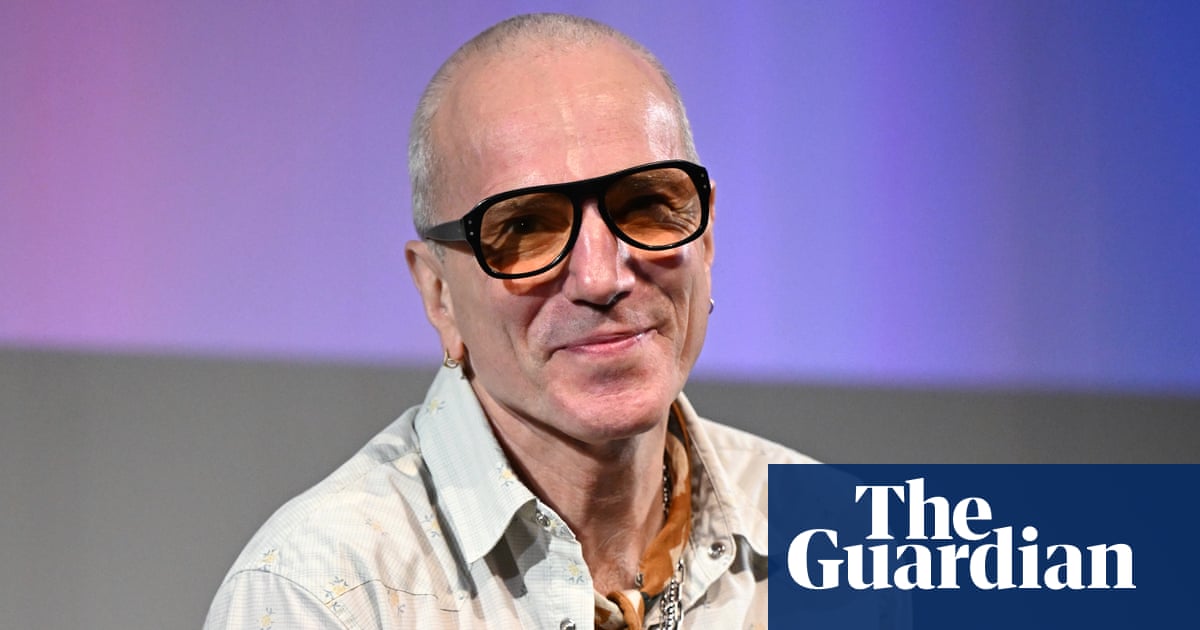
"His drama training at the Bristol Old Vic school had encouraged in him the sense that theatre work was the goal. Then there's films: bit dodgy. Television: like, really? OK, you gotta pay the gas bill. That was the thinking. There was no concession [in the training] to movies at all. But secretly, most of us [students] longed to make movies, because we'd been raised on movies, and movies seemed just so wonderful to us and magical. Not that the theatre isn't too, but the theatre in itself is an elite cultural form."
"But the great thing about the cinema is that everyone could maybe not so much these days but everyone could buy a ticket. Theatre essentially relies on people having had the privilege of an education that allows them to believe that they're entitled to go to the theatre. And that education has enabled them to understand perhaps the classics in a way that they make sense to them. It's a relatively small group of people that is available to, and that is just quite wrong."
Daniel Day-Lewis criticized audiences being priced out of theatres and identified persistent snobbery toward cinema in the UK. Drama training at the Bristol Old Vic promoted theatre as the ultimate goal and dismissed film and television as lesser options or pragmatic work to pay bills. Many students secretly longed to make movies because cinema felt magical and widely accessible. Theatre was described as an elite cultural form that depends on privileged education to produce audiences who understand the classics. Cinemas historically allowed broader public access, though accessibility has declined. Day-Lewis attended the UK premiere of Anemone, co-written with his son Ronan, who directs, marking his first film since 2017.
Read at www.theguardian.com
Unable to calculate read time
Collection
[
|
...
]